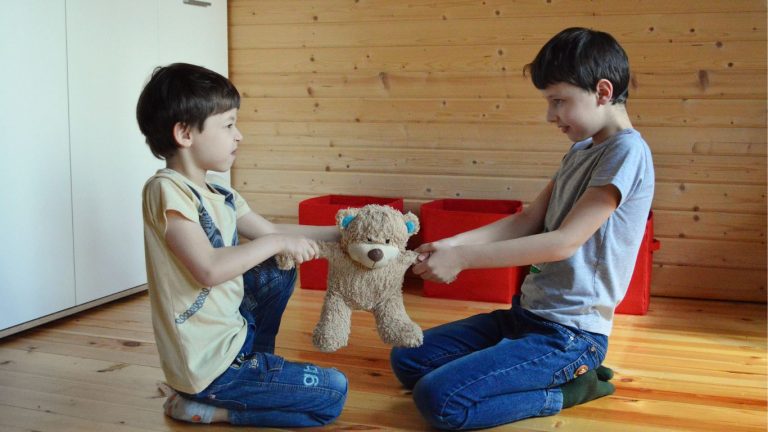It’s probably fair to say that family is where most people lay down the foundations for all later interactions in their lives – one of those interactions being their attitude and behaviour towards health and wellbeing. Most of us strive to be healthy and want to lead active lives. It’s probably also fair to say that if you lead an active life, then your kids are likely to follow suit. This is most certainly aided by you getting involved in your child’s physical activities.
However, what happens if your child suffers from a serious illness or accident that requires immediate emergency treatment? Fortunately, we are very lucky in New Zealand to have a public health system that will help us in our time of need during emergency situations. However, what happens if your child’s needs are not an emergency, but of course still important? Your child will likely need to undergo an assessment, and if appropriate, undergo an elective service such as surgery.
The potential problem here though, is that via the public health system, this process can take months or even years. Meanwhile your child is left to endure what can sometimes be a painful and even degenerative condition. It’s not hard to imagine how stressful and unsettling this can be for your family when all you want is for your child to be happy and well.
Ideally, it’s at this point you want to pull out your health insurance policy. Imagine not having to dwell on what might have been if you were forced to rely on the public health system and put on a waiting list or even attempting to pay for private treatment yourself! Many parents have never even considered health insurance for themselves let alone for their children and like all insurance cover, you need to get it in place before you get sick! The most common reasons for not taking out health insurance seem to be a lack of understanding as to what it actually provides and a feeling that it probably costs too much. However, health insurance is not as expensive as you might think.
A basic health insurance cover, for example, for a healthy couple aged about 32 with a three year old son and newborn daughter is approximately $116 per month for the entire family. This is based on an average premium across seven health insurance providers as at July 2013 and assumes a $500-$600 excess and no additional “add-ons” to cover specialists and diagnostic tests. Obviously costs can vary depending on individual circumstances, which provider you choose, and what covers and ex-cesses you select. However, the point is that the cost of insuring a family can be close to the cost of insuring a house, its contents or a car. Which do you consider the biggest and most important asset?
One of the easiest and most common ways to make your insurance more affordable is to look at your excesses. By choosing a higher excess, you can reduce the amount you pay each month in premiums. For instance, you can reduce your monthly premium by around 12% by increasing your $250 excess to a $500 excess.
There are a number of options available for different needs, for example, you can look at a policy that covers chiropractors, acupuncturists, osteopaths and naturopaths, although mostly only after a referral from a GP. It really boils down to what you view as your health priorities for your family and how much you are willing to pay. My advice is to ensure your basic policy is a good one before being tempted by any potential “add-ons”.
According to the Health Funds Association, an industry body of health insurance providers, the number of New Zealanders that have health insurance as at 31 March 2013 totals 1.341 million – just 30 per cent of New Zealanders. The amount of claims paid for the March 2013 year totalled $879.6 million, up 4.1 per cent on claims made for the March 2012 year[1].
Figures from the Health Funds Association show a large number of claims are made on behalf of the youngest members of society. For instance, here’s the percentage of those with health insurance who made claims in the year to March 2013:
- 28.1% of 0-4 year olds
- 17.4% of 5-9 years olds
- 18.4% of 10-14 year olds
- 21.5% of 15-19 year olds
These figures suggest that many health issues arise in the crucial newborn-preschool years, so it’s important you have your baby added to your own health insurance policy as soon as possible after their birth. The risk of not getting health insurance for your baby as soon as possible is that if they develop a medical condition you may find it difficult to get that covered by health insurance as it will likely be treated as a pre-existing condition.
Beware the cheap and easy covers and do speak to a qualified and registered financial adviser.
An adviser can help guide you through the entire process and a good one will not only ensure your cover is suitable for your family’s needs, but will also offer to play an active role in the claim process should you ever need to make a claim.
A registered adviser really is the best person to help you navigate your way through all the various options. They work out what type of cover and which provider best meets your needs and will present you with recommendations in a written report, highlighting all of the reasons why he or she has selected a particular cover.
If you’re not yet convinced of the benefits, consider this — approximately 73% of adults in New Zealand are unable to afford elective surgery costing $5000 or more, according to the Health Funds Association. Even if you consider your family as active, happy and healthy, I urge you to view health insurance for your family, as being as important as your house, contents and car insurances. Having a sick or injured child (or indeed any family member) can be a harrowing experience, but it’s certainly easier for all if you don’t have to wait on a long public health waiting list, or face a hefty bill.





